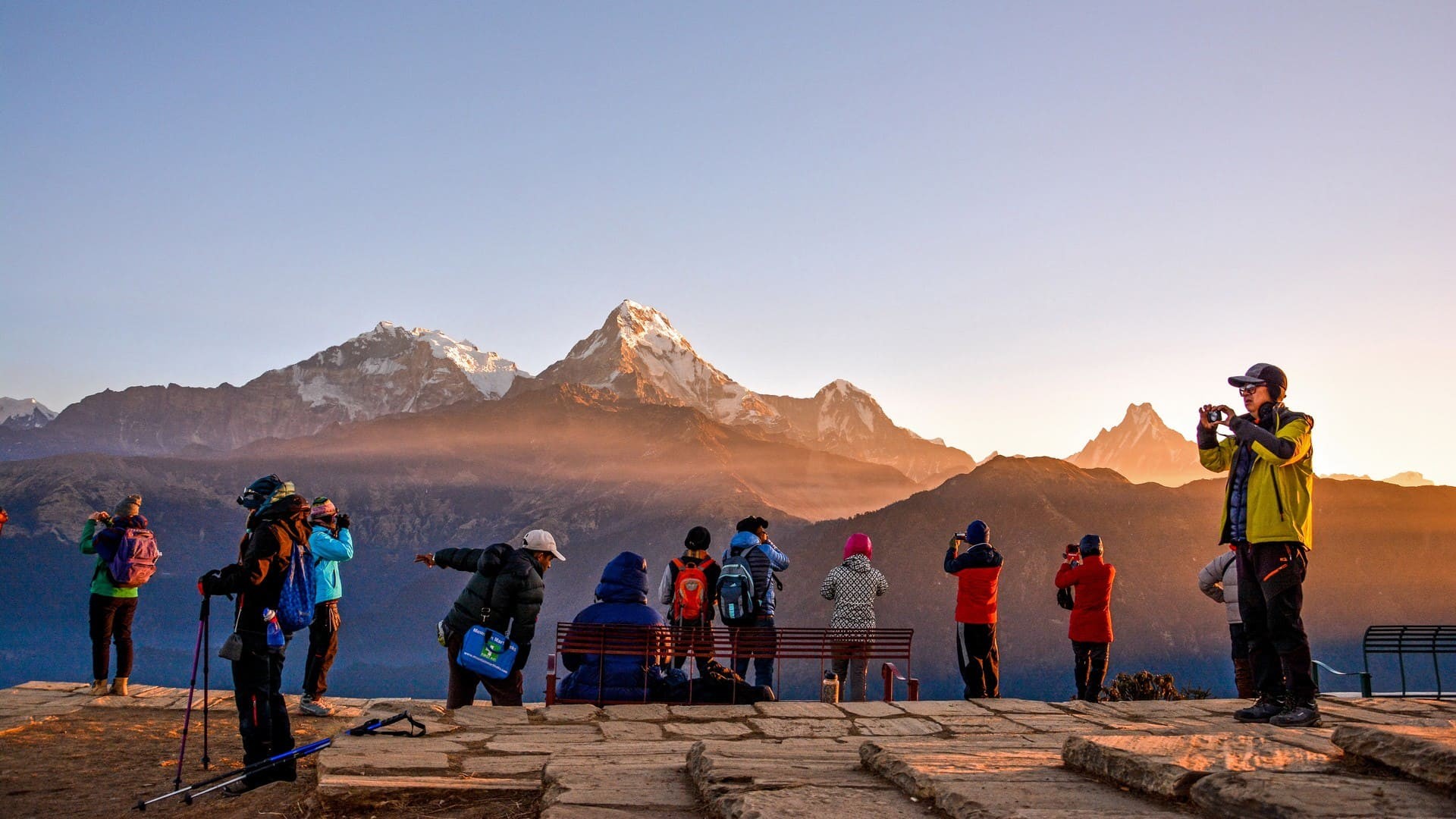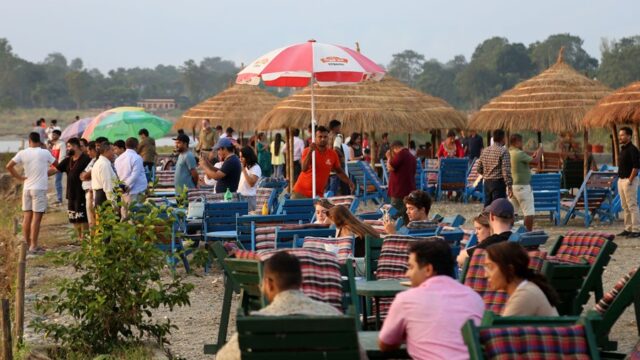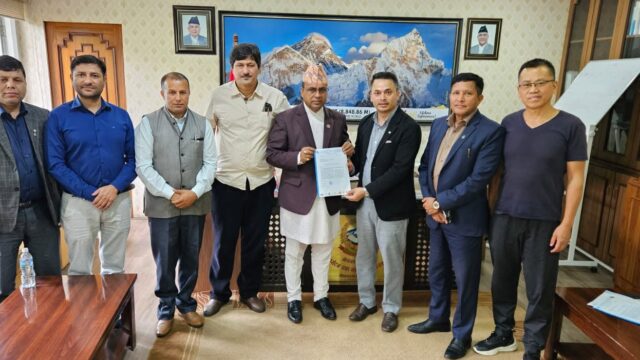Nepal, renowned for its breathtaking landscapes, rich cultural heritage, and diverse ecosystems, attracts millions of tourists every year. As tourism continues to thrive, there is an increasing need for sustainable practices to ensure that the natural beauty and cultural integrity of Nepal are preserved for future generations. Tourists play a crucial role in this endeavor. Here’s how visitors can contribute to sustainable tourism practices while exploring Nepal.
Respect Local Cultures and Traditions
Nepal is a melting pot of ethnicities, languages, and traditions. Tourists should take time to learn about and respect local customs and practices. Simple actions such as asking for permission before photographing people, dressing modestly, and following cultural etiquette can go a long way in fostering mutual respect. Respectfully engaging with local communities helps preserve cultural heritage and promotes intercultural understanding.
Support Eco-Friendly Accommodations
Choosing eco-friendly accommodations is a significant step towards sustainable tourism. Many lodges, hotels, and guesthouses in Nepal are adopting green practices such as waste reduction, water conservation, and energy efficiency. By staying in these establishments, tourists contribute to the local economy while supporting businesses committed to minimizing their environmental impact. Look for accommodations that have certifications or are part of eco-friendly initiatives.
Minimize Waste and Practice Responsible Waste Management
Waste management is a critical issue in Nepal, particularly in remote areas where infrastructure is limited. Tourists should make a conscious effort to minimize waste by using reusable items like water bottles, bags, and utensils. Properly disposing of waste by following local guidelines and carrying out any non-biodegradable waste, especially in trekking regions, helps reduce the environmental footprint.
Conserve Water and Energy
Water and energy resources are often limited in Nepal, especially in rural and mountainous regions. Tourists should be mindful of their consumption by taking shorter showers, turning off lights and electrical devices when not in use, and avoiding excessive water usage. Simple actions such as these help conserve valuable resources and support local sustainability efforts.
Support Local Businesses and Artisans
Economic benefits from tourism can be significant for local communities. Tourists should aim to support local businesses, markets, and artisans by purchasing locally-made products and services. This not only boosts the local economy but also helps preserve traditional crafts and supports sustainable practices. Avoid buying products that may harm wildlife or contribute to environmental degradation.
Choose Responsible Tour Operators
Selecting tour operators who prioritize sustainable practices is crucial. Responsible tour operators should follow eco-friendly practices, such as minimizing environmental impact, respecting wildlife, and ensuring fair treatment of local communities. Researching and choosing operators that commit to sustainability ensures that tourism activities contribute positively to the environment and society.
Respect Wildlife and Natural Habitats
Nepal is home to diverse wildlife and natural habitats that need protection. Tourists should follow guidelines for wildlife viewing, avoid disturbing animals, and adhere to designated trails to prevent habitat degradation. Feeding wildlife or getting too close to animals can disrupt their natural behaviors and lead to negative consequences. Observing wildlife from a distance and respecting their space is vital for conservation.
Participate in Local Conservation Efforts
Many organizations and communities in Nepal are actively involved in conservation efforts. Tourists can contribute by participating in local environmental initiatives, such as tree planting, clean-up drives, and wildlife monitoring programs. Engaging in these activities provides a hands-on way to support conservation while enhancing the overall travel experience.
Educate and Advocate for Sustainability
Tourists have the opportunity to spread awareness about sustainable practices by sharing their experiences and advocating for responsible tourism. Whether through social media, travel blogs, or conversations with fellow travelers, raising awareness about the importance of sustainability can inspire others to adopt similar practices and contribute to a more sustainable tourism industry.
Follow Leave No Trace Principles
The Leave No Trace principles are essential for minimizing environmental impact while traveling. Tourists should follow these principles by packing out all trash, avoiding the creation of new trails, and minimizing their footprint on the environment. This approach helps preserve the natural beauty of Nepal and ensures that future visitors can enjoy the same pristine landscapes.
Sustainable tourism in Nepal is not just a responsibility but an opportunity for tourists to make a positive impact. By respecting local cultures, supporting eco-friendly businesses, minimizing waste, conserving resources, and participating in conservation efforts, visitors can contribute to preserving Nepal’s natural and cultural heritage. Responsible tourism practices not only enhance the travel experience but also ensure that Nepal remains a vibrant and beautiful destination for generations to come. Tourists are encouraged to embrace these practices and become ambassadors for sustainability, promoting a future where tourism and conservation go hand in hand.






